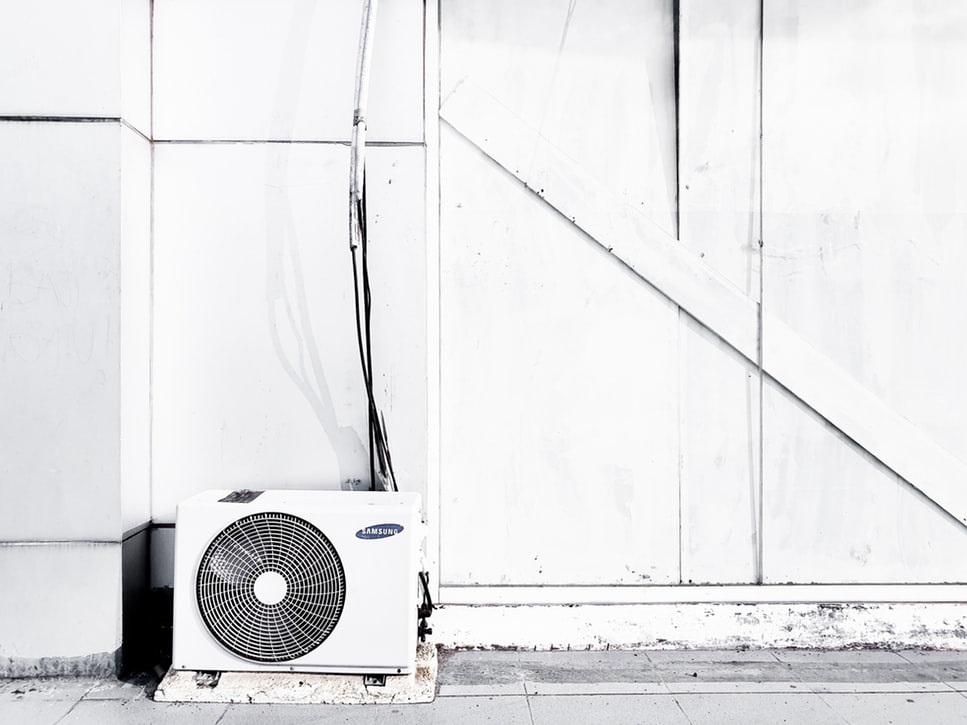
In the perpetually humid Singapore weather, most people don’t realize just how vital a part an air conditioner plays in day-to-day life. Whether you’re at home or in a business space, an air conditioner cools down the room, keeping occupants comfortable in the midst of the hot Singaporean temperatures. But for something so integral to daily living, most AC unit owners don’t understand how aircons work or aren’t aware of the multitude of benefits that air conditioners provide.
Understanding how aircons work is useful information for any AC system owner, as knowledge of the inner machinations of the machine should help owners recognize symptoms of a faulty AC and troubleshoot the problem. This should help catch problems early or prevent them altogether, saving you tons of time and the stress of additional costs.
How aircons work is actually similar to that of a refrigerator. The only difference between the two is that a refrigerator will cool a small, insulated space, while an air conditioner will cool your entire room, home, or office.
Your air conditioning works by moving a refrigerant or coolant through four steps (compression, condensation, expansion, and evaporation) through the four main components of your unit: the compressor, condenser, expansion valve, and the evaporator.
First, low pressure coolant gas moves through the compressor, exiting as a high-pressure gas. Then, the now-high pressure refrigerant flows into the condenser, which condenses the gas into a liquid state. This releases heat into the surrounding area.
The high-pressure refrigerant then moves through a thermal expansion valve. As the expansion valve limits the flow-rate of the refrigerant, the refrigerant experiences a pressure-drop as it leaves the expansion valve. The refrigerant cools even further and it is at its lowest temperature at this point. The liquid refrigerant then flows into an evaporator, where heat from the room is absorbed.
By the time the refrigerant leaves the evaporator again, it's back to being low-pressure gas, and returns to the condenser to start the cycle all over again. This process will continue again and again until your room, home, or office reaches the temperature you want, as programmed and sensed by a thermostat setting.
1. Improves Air Quality
You may know how aircons work to cool the air, but did you know they filter it, too? Aircons remove pollutants, mold, allergens, and other bacteria from the air. This is especially useful for people who suffer from allergies or asthma, as it minimizes the irritants that trigger an attack. Does your room lack windows and is prone to feeling stuffy? The same air conditioner can freshen the air inside, improving air quality, and letting you breathe easier.
By keeping the AC on, you don’t just keep yourself healthy—your furniture benefits too! Wood loses moisture when the air around it is dry, leading to warping. Leather, in turn, suffers in humid environments, as the leather absorbs moisture that causes it to rot. Fabric, being water-absorbent, is prone to breeding mold when in damp environments.
There are a host of other benefits of having an air conditioner:
You might be wondering, “Why pay so much attention to how aircons work?” Just think of how many homes, offices, cars, and public spaces are cooled by air conditioners. Without AC systems in our immediate surroundings, our lives would be much more uncomfortable from dealing with harsh humidity and heat.
Thus, understanding how aircons work becomes a necessity. Knowledge of how aircons work will help you maintain your unit, extending its life span, and keeping you comfortable for longer. If you see any early symptoms of faulty components, make sure to call a trusted provider to service your unit.
Oasis Aircon Singapore is a local provider of outstanding aircon services, offering competitive rates to ensure that any home, office, or business can enjoy quality service. Our team of highly-skilled AC technicians offer a wide variety of services—from installation to repair to maintenance. Call us now and experience exceptional customer service.